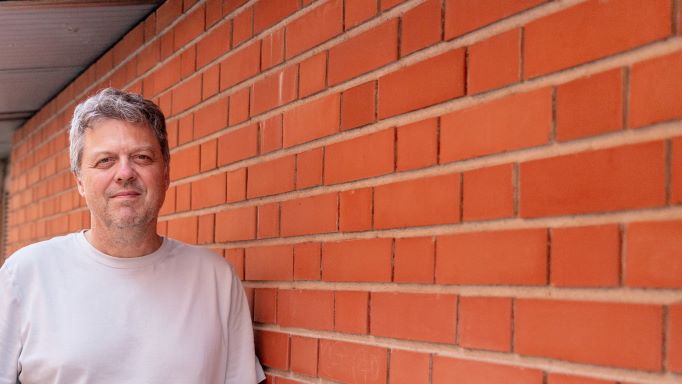The control of cell microenvironment is of crucial importance for the ability to direct cell behavior in 3-dimensional tissue engineering structures. Bioinspired engineered microenvironments provide cells with a holistic “instructive niche” that harbors signals for cellular control both in both space and time. We explore this problem using well designed approaches in which cells are exposed to substrates exhibiting controlled geometries, surface, (bio)chemical compositions and mechanical properties. Examples from our group are presented covering alternative approaches of assembly cells with precise spatial arrangement, including cell encapsulation in hydrogels with defined properties (e.g. high toughness, adequate bio-instructiveness, or self-feeding properties or cell confinement in liquified capsules, to generate micro-tissues for bottom-up tissue engineering.

João F. Mano is a Full Professor at the Chemistry Department of University of Aveiro, Portugal, and vice-director of the Associate Laboratory CICECO – Aveiro Instituto of Materials, where he is directing the COMPASS Research Group (http://compass.web.ua.pt/). His research interests include the use of advanced biomaterials and cells towards the progress of multidisciplinary concepts to be employed in regenerative and personalised medicine. In particular, he has been applying biomimetic and nano/micro-technology approaches to polymer-based biomaterials and surfaces in order to develop biomedical devices with improved structural and (multi-)functional properties, or in the engineering of microenvironments to control cell behaviour and organization, to be exploited clinically in advanced therapies or in drug screening. He is the Editor-in-Chief of Materials Today Bio (Elsevier). He has been coordinating or involved in many national and European research projects, including 2 Advanced Grants and 3 Proof-of-Concept Grants from the European Research Council. João F. Mano has received different honours and awards, including two honoris causa doctorates (Univ. of Lorraine and Univ. Utrecht) and was elected fellow of the European Academy of Sciences (FEurASc), Biomaterials Science & Engineering (FBSE) and American Institute of Medical and Biological Engineering (FAIMBE).

